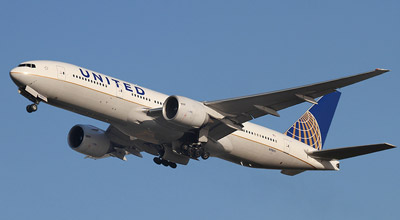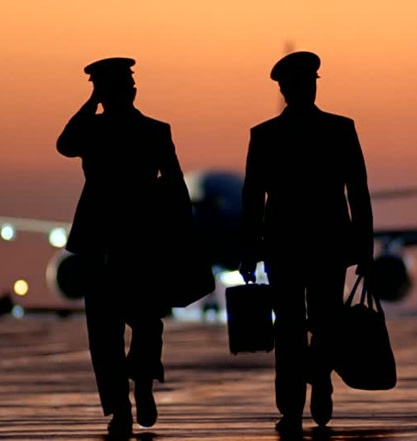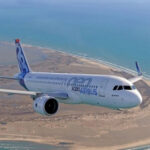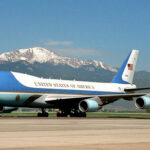United Airlines Announces Pilot Pathway Program

United Airlines has announced a new agreement with University of North Dakota (UND) that will give aviation students access to a career path with the United.
After a UND student is accepted into the new pathway program, no additional structured pilot interviews will be required with United. United Airlines has said that as long as its hiring that students in the program that maintain eligibility will be offered conditional employment.
Graduates in the program will be required to work for the University of North Dakota before being eligible to then move on to one of United Airline’s regional airline partners.
United Airlines regional partners that are participating in the program include CommutAir, Mesa Air, Air Wisconsin and ExpressJet Airlines. Each regional airline has its own requirements for applicants that they would need to meet before being considered to advance through the program.
“We hope that it has an impact on our supply challenges,” said Capt. Mike McCasky, managing director of flight training at United Airlines. “We’re looking at it as, United we need to hire somewhere between 500 and 700 pilots a year for the foreseeable future and this is one tool that we have now to help us manage that.”
The new pilot pathway program is set to being this fall. Applicants must have a commercial pilot license and instrument rating and must be full-time students with at least two semesters in UND’s Professional Flight Program with a minimum 3.0 GPA in Professional Flight Program coursework.
Greg started his professional pilot journey in 2002 after graduating from Embry Riddle. Since that time he has accumulated over 8,000 hours working as a pilot. Greg’s professional experience includes flight instructing, animal tracking, backcountry flying, forest firefighting, passenger charter, part 135 cargo, flying for a regional airline, a national low cost airline, a legacy airline, and also working as a manager in charge of Part 135 and Part 121 training programs.



